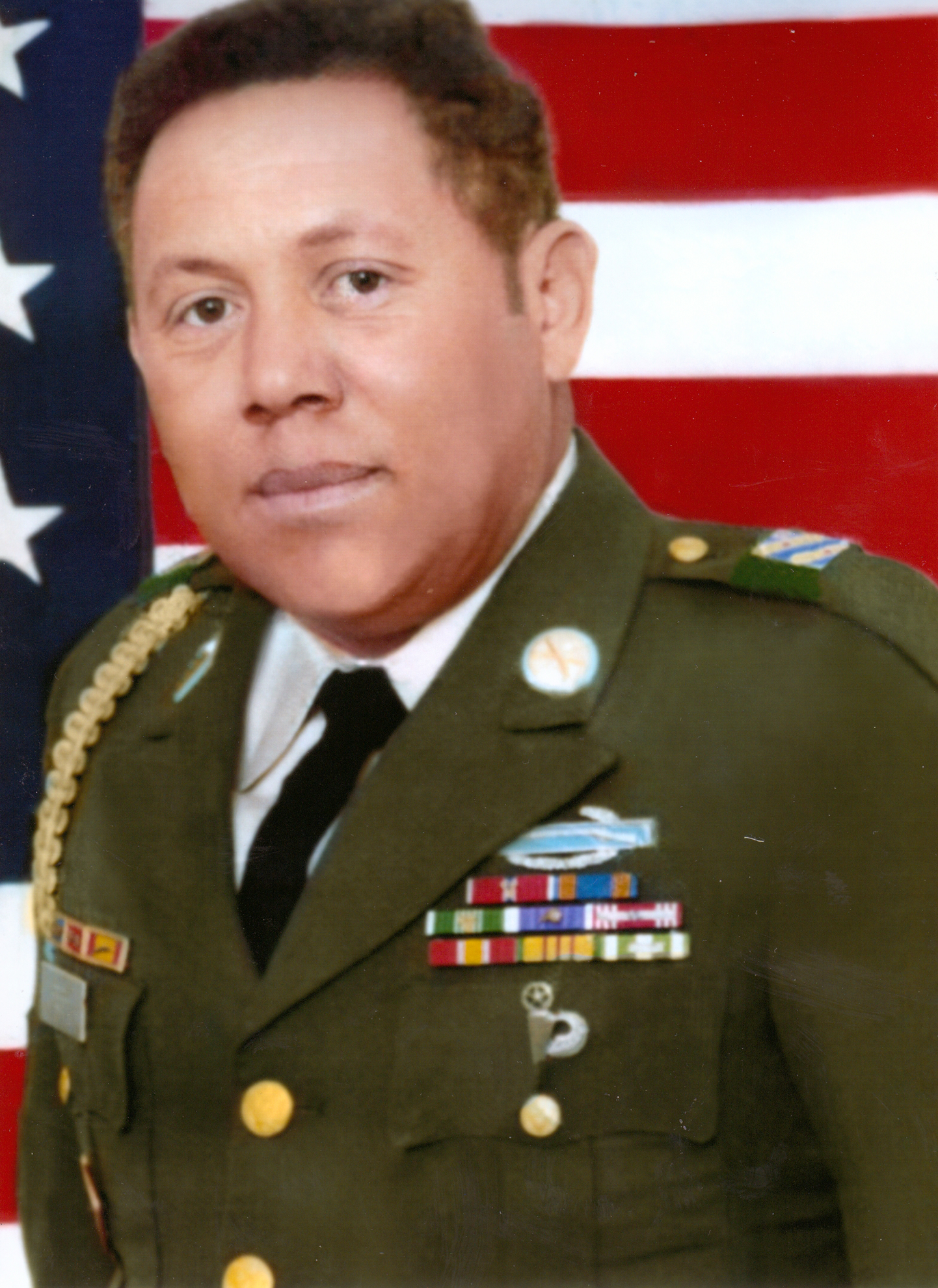history

history
My name is Gabrielle Angelique Perry, and
I am a formerly incarcerated person.
My name is Gabrielle Angelique Perry, and I am a formerly incarcerated person.
I am also a daughter. A granddaughter. An award-winning scientist. A lifelong horror movie fan. A believer in Christ. I have heard every song Paramore has ever made. I detest junk food. I almost never wear shoes. I am a person like anyone else.
These are just a few of the things I would repeat to myself in the quietudes of my mind after the world around me was made aware of my arrest and conviction.
It decided, like it does for so many women impacted by incarceration, that I was no longer a person. In one day, I became something sub-human, once the cell doors of the parish prison closed behind me.
Like approximately 74% of women currently incarcerated in a jail or prison in America, my crime was non-violent; I had harmed no one, and no one was harmed in the commission of my crime.
I had only tried to haphazardly save what was left of my family.
My father, Purple Heart recipient and retired U.S. Army Master Sergeant Thurman Perry Jr., whose profound courage and unending, well-known generosity are the twin pillars on which I still stand today, had lost his battle with head-and-neck cancer a few years prior to me beginning my collegiate journey.
His absence didn’t just break mine and my elderly, disabled mother’s hearts, but ushered in the loss of the only home we ever knew, our sole source of income, and life as we knew it; I knew then that what happened to me could happen to anyone.
It has been the better part of a decade since I was incarcerated. In that time, I’ve experienced homelessness, hunger, anxiety, depression, sexual harassment from those who knew my status as a formerly incarcerated woman and sought to prey upon me, and continual public humiliation from strangers in regards to my since expunged criminal record.
My father, Purple Heart recipient and retired U.S. Army Master Sergeant Thurman Perry Jr., whose profound courage and unending, well-known generosity are the twin pillars on which I still stand today, had lost his battle with head-and-neck cancer a few years prior to me beginning my collegiate journey.
His absence didn’t just break mine and my elderly, disabled mother’s hearts, but ushered in the loss of the only home we ever knew, our sole source of income, and life as we knew it; I knew then that what happened to me could happen to anyone.
It has been the better part of a decade since I was incarcerated. In that time, I’ve experienced homelessness, hunger, anxiety, depression, sexual harassment from those who knew my status as a formerly incarcerated woman and sought to prey upon me, and continual public humiliation from strangers in regards to my since expunged criminal record.
%
Women currently incarcerated in a jail or prison in America
I still experience periodic social anxiety as I move about the world, wondering if the metaphorical ‘scarlet letter’ we as the formerly incarcerated try so hard to conceal is somehow visible upon me in new professional and social spaces I attempt to inhabit.
Because society functions puritanically and in hierarchies of worthiness, the formerly incarcerated, even for non-violent crimes, are often rendered frozen in time, never moving beyond their circumstances.
According to a 2018 nationwide analysis by The Prison Policy Initiative, a non-profit, non-partisan initiative documenting mass incarceration in the United States, the unemployment rate for formerly incarcerated Americans 25 to 44 years old is 27.3% compared to the pre-COVID-19 rate of 5.2% for the general population.
This is higher than the national unemployment rate during The Great Depression. When accounting for differences in gender and race, predominantly for Black women, the unemployment rate is 43.6% and higher than all other racial and gender demographics.
Often unaware of the existence of educational opportunities catering to the formerly incarcerated, unable to afford them, or shut out of them entirely due to exclusionary practices, the formerly incarcerated, especially women of color, are too often locked into a cycle of insecure employment, social isolation, and educational stagnation.
%
Unemployment rate for formerly incarcerated Americans 25-44 years old as compared to the pre-COVID-19 rate of 5.2% for the general population
%
Unemployment rate for formerly incarcerated Americans 25-44 years old as compared to the pre-COVID-19 rate of 5.2% for the general population
This is higher than the national unemployment rate during The Great Depression. When accounting for differences in gender and race, predominantly for Black women, the unemployment rate is 43.6% and higher than all other racial and gender demographics.
Often unaware of the existence of educational opportunities catering to the formerly incarcerated, unable to afford them, or shut out of them entirely due to exclusionary practices, the formerly incarcerated, especially women of color, are too often locked into a cycle of insecure employment, social isolation, and educational stagnation.
In a macrocosm, this reinforces nationwide recidivism rates because it tells the formerly incarcerated that they will never be more than the crime they committed. And once that belief is solidified, it is all but inevitable. I refuse to live in a world of unnecessary inevitability.
The Perry ‘Second Chances’ Scholarship Award was created in loving memory of a wonderful father, who saved my life and taught me to leave the world a better place than I found it.
Created in gratitude to the women in the Louisiana parish prison system, young and old, whose names I can’t remember, but whose faces I won’t ever forget, that shared their extra blankets and carefully hidden commissary snacks with a terrified, 20-year old student on that first January night so many years ago.
And, finally, created in recognition of the humanity of women impacted by incarceration.
In memory of U.S. Army Master Sergeant Thurman Perry Jr., The Perry ‘Second Chances’ Scholarship started with one goal in mind: to support those striving to better themselves and pursue higher education despite their pasts. We are recognized as a subsidiary program of The Thurman Perry Foundation, a 501c(3) nonprofit organization. EIN 86-2519876.



